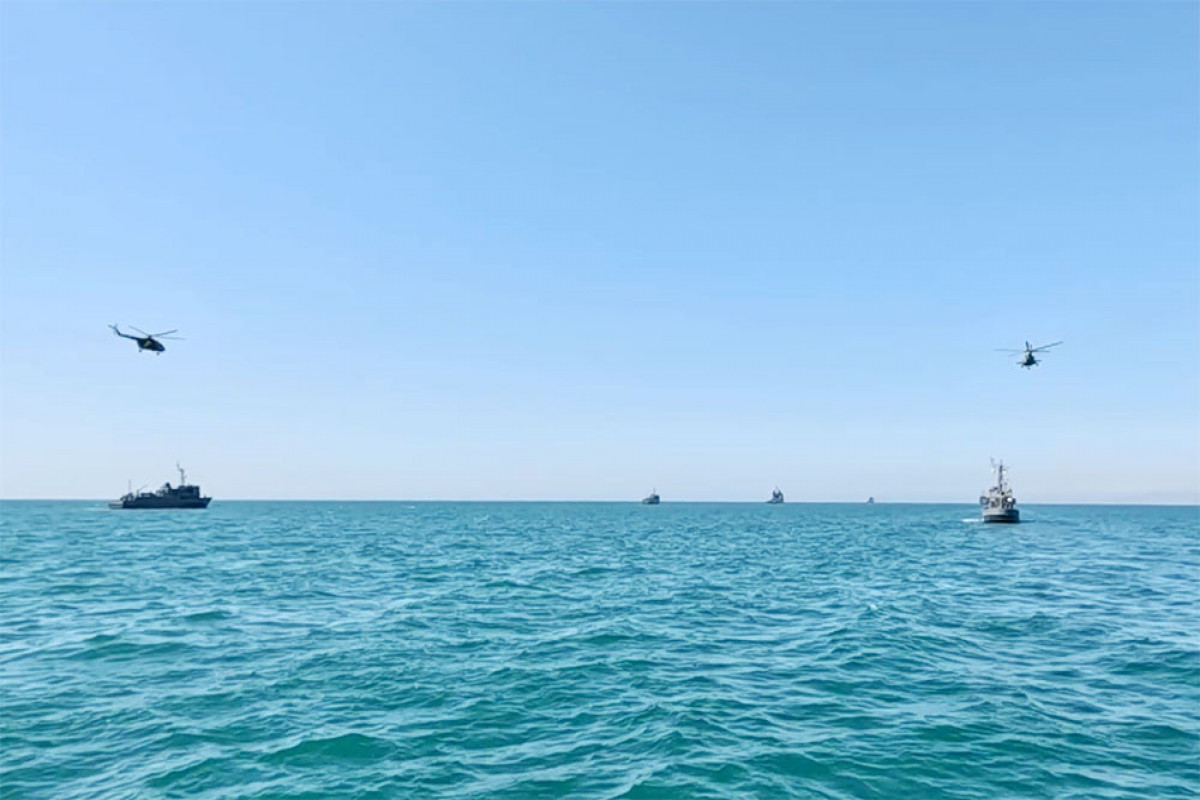What can scientists do when the top two countries, the US and UK, move in the "completely wrong direction?" Robbert Dijkgraaf, director of the Institute for Advanced Study, says reality always has the last word.
One of things you write about in your essay "The World of Tomorrow" is that a lot of decisions today are driven by a lack of funding, political turmoil or economic uncertainty, and that this is leading to conservative, short-term thinking. You say we need "unobstructed curiosity" instead. What's that and why is it so important?
Robbert Dijkgraaf: If you look back at history, you see that large transformations in society, the really immense breakthroughs, they always came as a second order of fact - they were the spin-offs of fundamental enquiry, very deep thinking, which can only happen if you give researchers space and time.
It's like baking a soufflé - if you open the oven every few seconds, it collapses! And it's remarkable to see, whether it's politics or economics, in education or research, things are moving towards shorter terms, and avoiding risk. There is a kind of "short-termism" everywhere around us.
So when US President Donald Trump says, NASA, here's a new law in support of your work and I want you to go to Mars, as he did in March 2017, does he see Mars as a short-term project? Most scientists would say it was relatively long-term.
Well, sometimes there are these visionary goals. But I think the big difference between now and the 1950s and 60s is that in those days we executed our goals. The space program is a wonderful example of something which is intrinsically a bit silly. But that provided the technology we have in communications and computing, on which we are all terribly dependent. So in the end the program to put a man on the moon was actually a program to put a smartphone in our pocket.
Your essay is a companion piece to Abraham Flexner's earlier essay, "The Usefulness of Useless Knowledge," which has been re-published by Princeton University Press. Who was Flexner?
Flexner was an amazing person. When he died in 1959, his obituary was on the front page of the "New York Times." But he is totally forgotten today. And I think it's because he was not a famous scientist or philanthropist [Flexner was an educator, the ed.]. He doesn't have his name on equations or foundations. But he was able to steer money to produce breakthrough solutions. He thought about the environment in which research is done. So his vision - which he turned into reality - was a paradise for scholars. And to his own amazement, this place, The Institute for Advanced Study, hit society mid-ship by producing the atom bomb and the modern computer.
Flexner writes that the institute was indebted to Adolf Hitler for people like Einstein, Hermann Weyl and John von Neumann in mathematics - scientists who fled Europe in the 1930s. How about today? Are we seeing a reverse of that? Are scientists fleeing the US?
In the 1930s the institute was like an Ellis Island, a place where scholars at risk from Europe would land. Flexner wrote that if people acted with courage, 50 years from then we would say this was the moment the center of gravity moved across the Atlantic.
I think there is a real risk now that the center of intellectual gravity will move again, because the current administration is tinkering with two essential elements that were crucial in making the United States the premier country for science and scholarship: one is generous funding and the other is a totally open environment - open for foreign ideas, but also for people from different countries and cultures.
It's a month on from the March for Science. Are there signs that Trump is starting to listen to the science community? What was the "usefulness" of the March for Science?
The March for Science was very positive. But the US budget which was recently unveiled is pretty dramatic. It has cuts of 20 percent for the National Institutes of Health, cuts of easily 10 percent for the science foundations […] So I would say it's really pointing completely in the wrong direction. This year and last, I've been surprised to see the top two countries in terms of scientific output - namely, the US and the UK - both deciding on a more introverted course.
We're talking here in London - you're referring to Brexit …
Yes, Brexit and Trump. And although this might create opportunities for other countries, the UK and the US together have a large proportion of the scientific community. So if these two countries move in the wrong direction, a large faction of science is moving in the wrong direction, and as a global citizen I am really worried about that.
You refer to engineer Vannevar Bush in your essay - he's often cited in histories of the internet as a bridging figure between science and policy. Communicating things like space, particle physics or the internet to non-scientists is very difficult. It has to come from the top, doesn't it?
I would say so, yes. It's very important that we communicate science broadly, because it's not only so people understand what we are doing, but also for them to share some of the values and be in discussion with scientists and [influence] our direction. In the 1950s, people like Vannevar Bush were on the inside, very close to the president, and they were extremely effective in shaping things. It's important that some scientists are willing to go into policy or administration, to be on the inside, because the arguments that come from science are arguments based on our best understanding of reality. This is something every politician wants to understand, because in the end, reality has the last word.
Robbert Dijkgraaf is a mathematical physicist and string theorist. He is the director and Leon Levy Professor of the Institute of Advanced Study in Princeton, New Jersey, and a former president of the Royal Netherlands Academy of Arts and Sciences in the Netherlands. His essay "The World of Tomorrow" - a forward to Abraham Flexner's "The Usefulness of Useless Knowledge" - is published by Princeton University Press (2017).



















